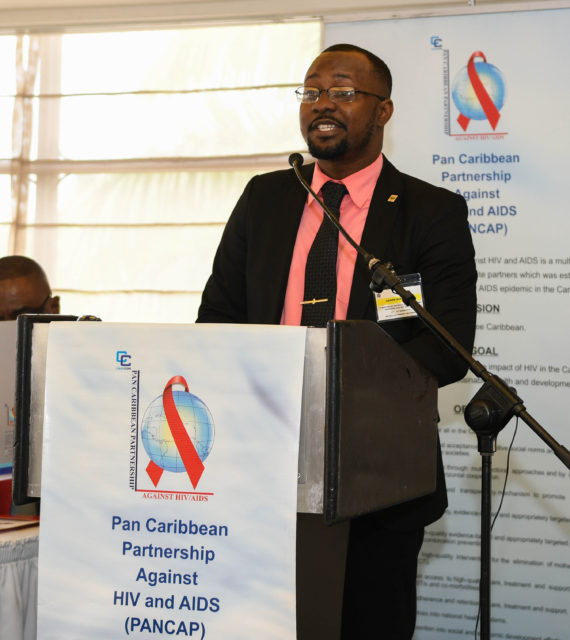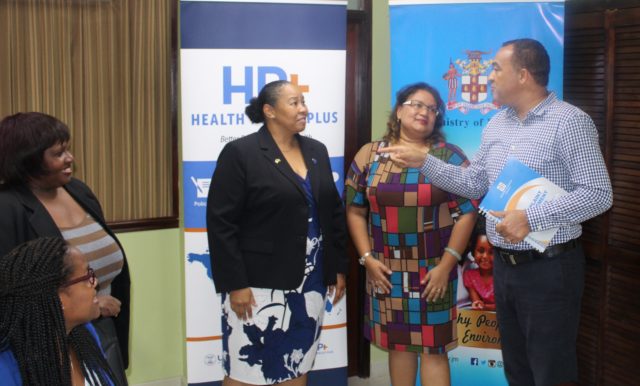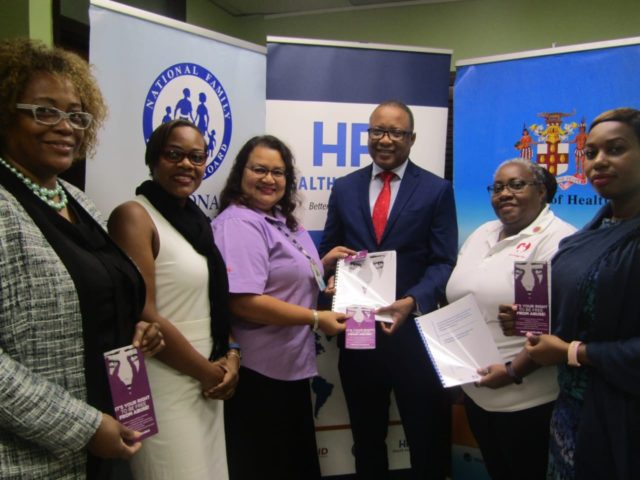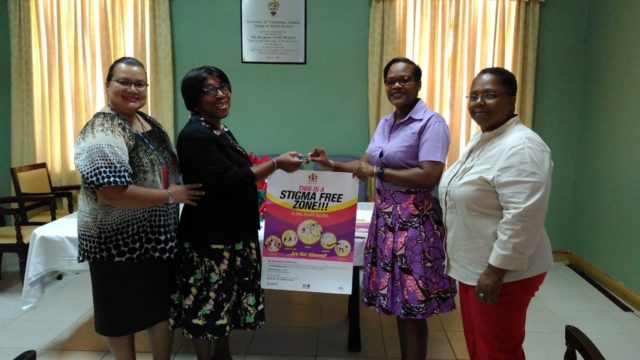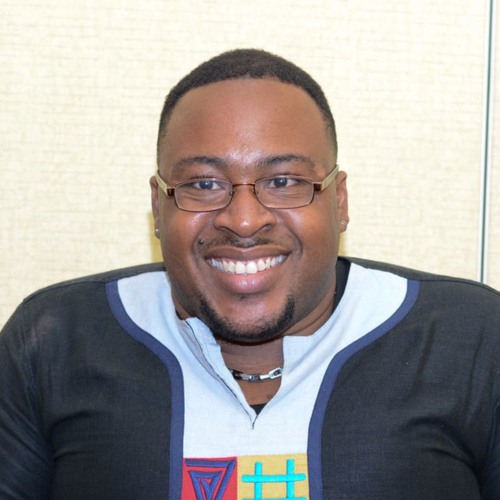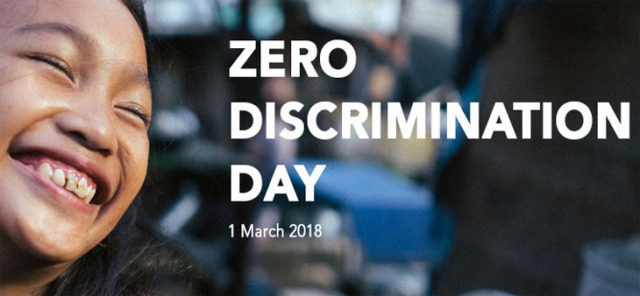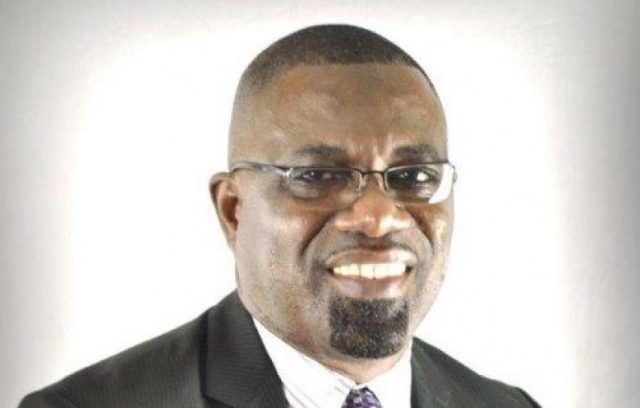Image: Jason Shepherd, Senior Programme Officer, CRN+ during the launch of #UnitedPositively at the Seventh Meeting of National AIDS Programme Managers and Key Partners, 11 March 2019.
The Caribbean Regional Network of People Living with HIV and AIDS (CRN+) launched #UnitedPositively, an initiative to highlight voices from the Caribbean region against stigma and discrimination, in March 2019.
The campaign aims to challenge governments, policy makers, civil society organizations, the regional media and especially key populations (KPS), “to let their voices be heard against Stigma and Discrimination,” through social media messages denouncing stigma and discrimination that prevent vulnerable populations from accessing prevention, care, treatment, and support.
According to Jason Shepherd, Senior Programme Officer, CRN+, “We must take note, that despite positive developments in the Caribbean in addressing HIV and AIDS and Human Rights, there still exist domestic laws, policies, and practices that adversely affect the rights of People Living with HIV (PLHIV) and vulnerable individuals in accessing and benefitting from essential services including public goods and justice”.
He further stated “In the Caribbean, there are increasing numbers of people with access to medication. However, there is still no pill to cure stigma and ignorance. We, therefore, need to stand united positively as one Caribbean against stigma and discrimination. The fight against stigma does not start or end with a campaign. It starts and continues with us, in our everyday lives, challenging our own prejudices and challenging the biases of those around us. It starts with recognising instances of discrimination and acting to stop them. It starts with challenging ignorance and fear wherever we may find it. Our campaign will only add to the wonderful work by so many other organisations and individuals in the Caribbean who are fighting to end stigma and discrimination. It takes courage, resilience and tenacity to fight against HIV-related stigma and discrimination”.
Why this campaign
CRN+ was inspired to create the campaign by the UNAIDS Zero Discrimination Agenda, 90-90-90 UNAIDS Fast-track Targets to put an end to AIDS and the experiences of PLHIV and Key Populations within our Caribbean Region.
How you can take action now
Let your voice be heard against stigma and discrimination:
- Send a selfie along with a short sentence (10 words maximum) speaking out against stigma and discrimination via an inbox message to the CRN+ Facebook page; Link here
- Give your consent for your photo message to be used in the campaign;
- After you have uploaded your selfie, it will be branded with the campaign photo frame and shared on our social media pages and website;
- You can then share your selfie on social media and invite your family and friends to take part in the campaign;
What is the Caribbean Regional Network of People Living with HIV and AIDS (CRN+)?
The Caribbean Regional Network of People Living with HIV and AIDS (CRN+) is the authentic voice of Caribbean People Living with HIV and AIDS. CRN+ is committed to empowering and supporting persons infected and affected by HIV and AIDS through advocacy, research, partnership, capacity building and resource mobilization.

